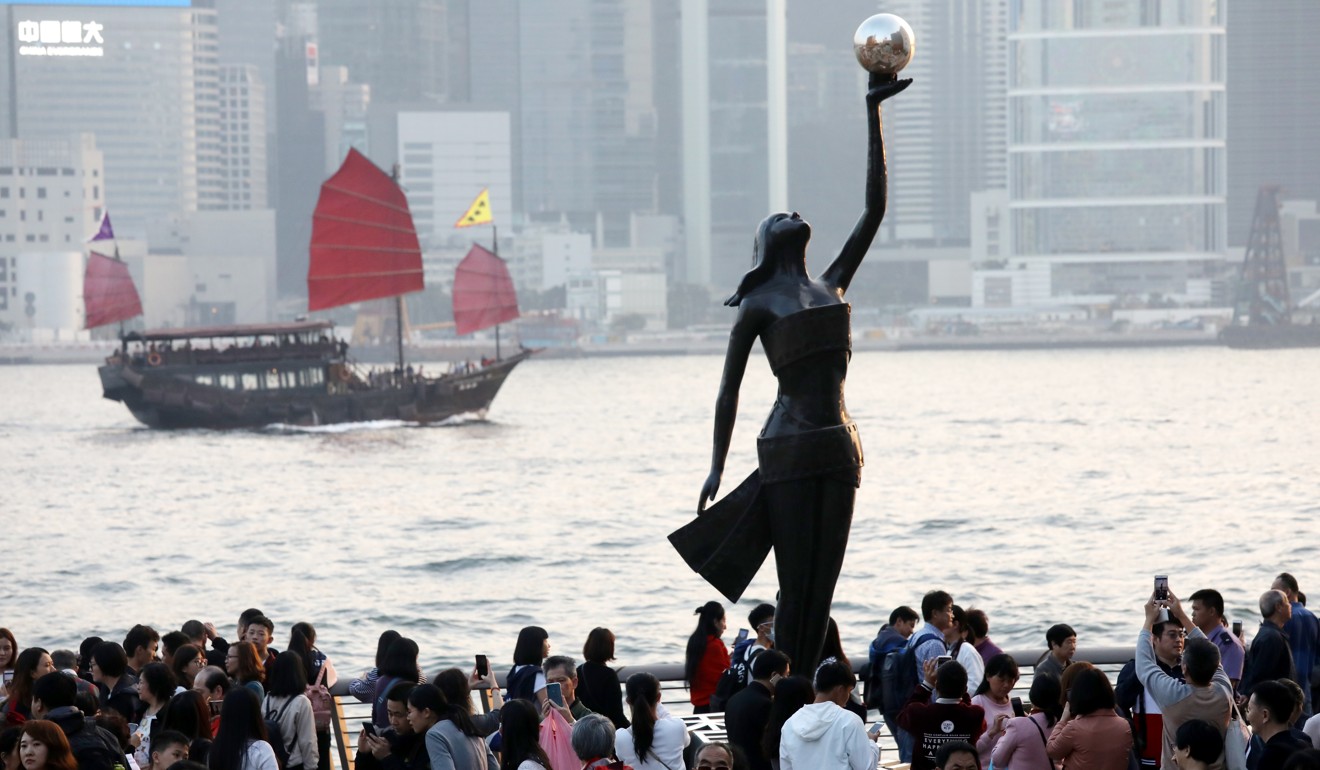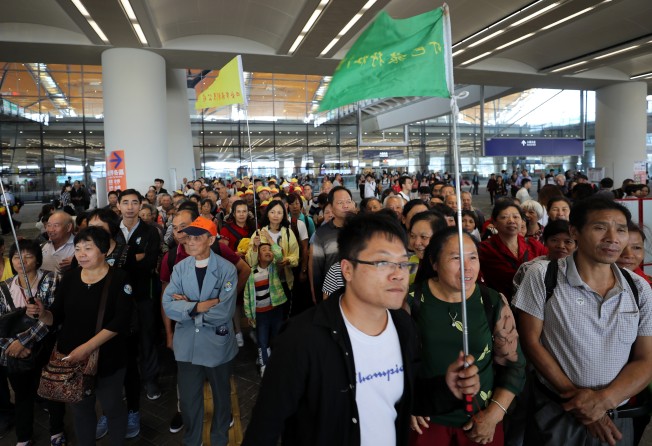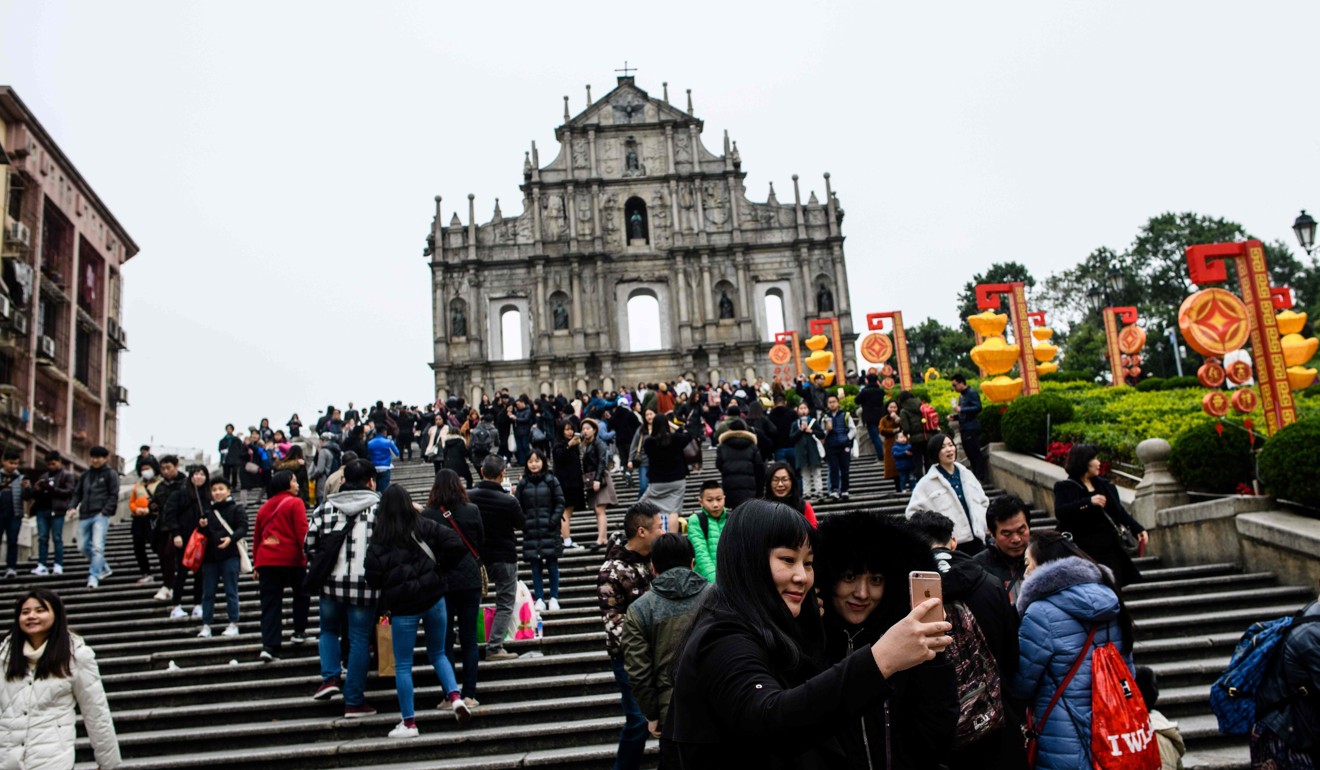
Chinese search engine Baidu asked to answer complaints about ‘verified’ travel agency scams
- Consumers say they were duped on holidays to Hong Kong and Macau over Lunar New Year
- Company says it will ‘investigate all activities that violate the law or regulations

China’s leading search engine Baidu said it is investigating claims by a consumer watchdog that it carried advertisements for fake travel agencies that scammed visitors to Hong Kong and Macau over the Lunar New Year holiday.
“We have established a team to investigate all activities that violate the law or regulations,” the company said in a statement on Wednesday.
It said it was also cooperating with the Shenzhen Consumer Council, which levelled the allegations in a notice to the company, “to ensure consumer rights”.
The watchdog for the south China city published a report on its website on Tuesday saying it had received 26 complaints about travel agencies that organised trips to Hong Kong and Macau between February 4 and 10, which despite being unlicensed agencies had been verified by Baidu.
All of the complainants were from outside Guangdong province, and 90 per cent of them had found the agencies online, the report said.
Half of those who searched online did so for the well-known and reputable company “China International Travel Service (CITS)” but instead of going to the real site were taken to a fake page, even though it had been verified by Baidu.

In one case, a woman surnamed Yu signed up for a five-day trip to Hong Kong and Macau, thinking she was dealing with CITS. But when she arrived in Hong Kong, she was told her planned sightseeing had been cancelled and was taken on a shopping trip.
Also, the “three-star hotel” she thought she had booked turned out to be a bunk bed in the basement of a building.
In another case, a woman surnamed Liu paid 7,600 yuan (US$1,100) for a five-day trip to Hong Kong and Macau, also with a company she believed to be CITS.
While in Hong Kong, her guide forced her to buy jewellery, chocolate and watches, confiscated her ID card and would not let her leave unless she made a purchase.
The watchdog said the real CITS received 463 complaints last year, of which 394 turned out to be problems with firms masquerading as the agency.

When officials in Shenzhen used Baidu to search for “Hong Kong Macau trip” and “CITS” they found several adverts for travel agencies that had the “V” symbol – meaning they had been verified by Baidu – but did not appear to have the appropriate company registration documents.
It was at that point that it asked the search for an explanation.
“What kind of verification rules does Baidu follow to make sure consumers can ‘visit at ease’?” it asked in the notice.
“So many [consumers] have visited verified pages only to have their rights abused. What responsibility should Baidu shoulder?”
This is not first time Baidu has come under fire. In 2016, it was investigated following the death of 21-year-old student Wei Zexi.
Wei had been diagnosed with cancer in 2014 and his family used Baidu to find a top-ranked hospital in Beijing. Wei was treated at the hospital but died.
Before he died, he issued an online statement in which he accused the hospital of lying about the effectiveness of the treatment, and Baidu for selling search listings to the highest bidder.